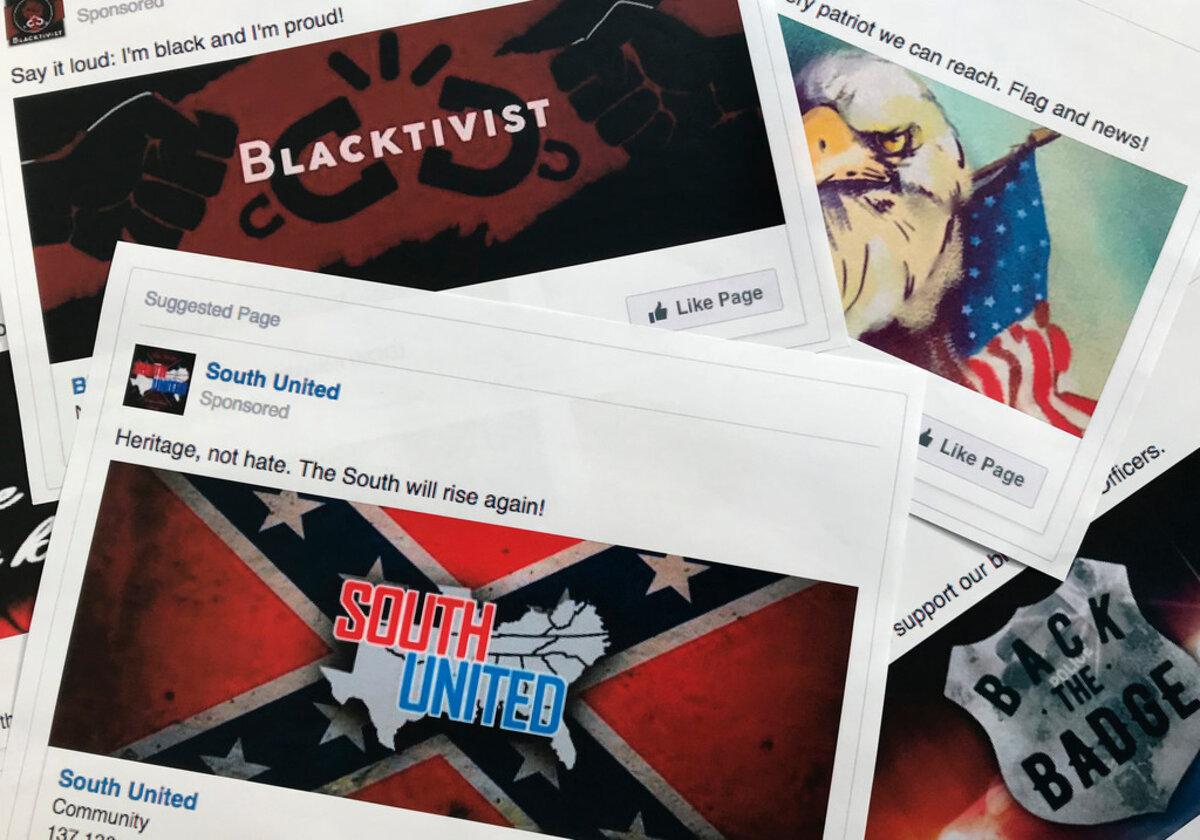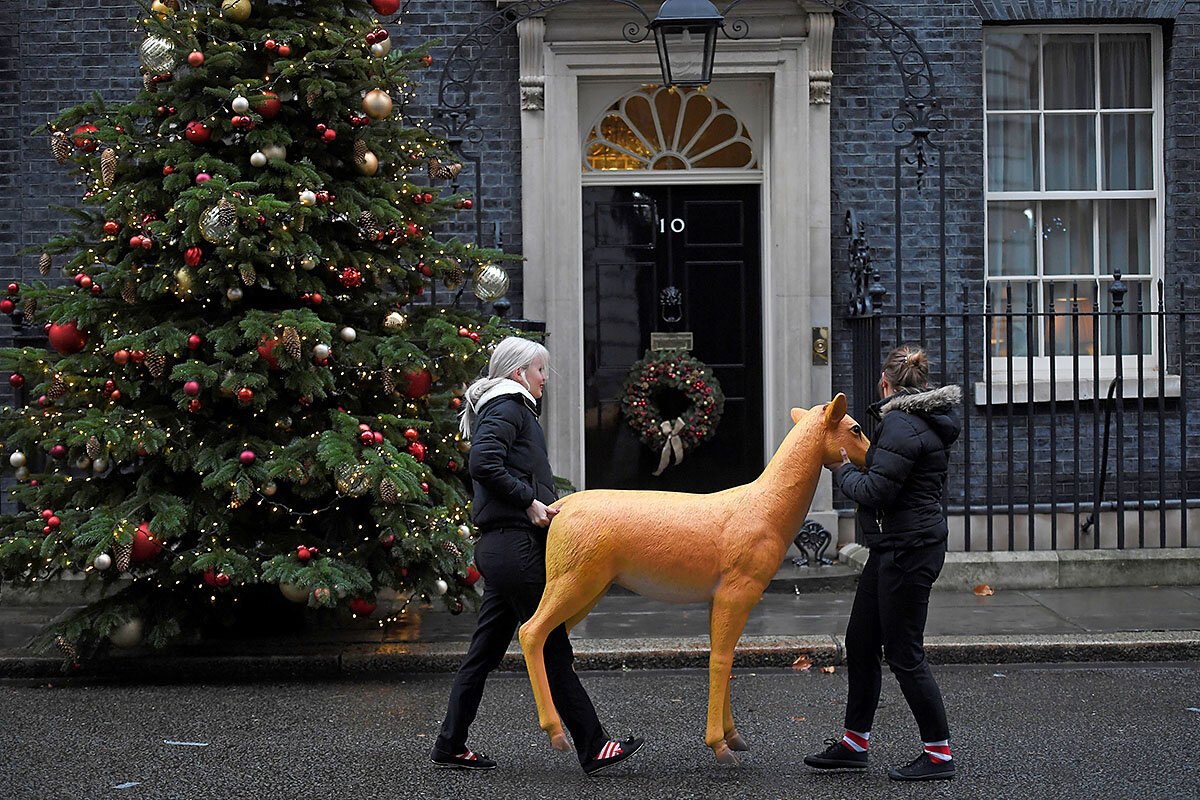If President Trump's decision to recognize Jerusalem as the Israeli capital was such a big deal, why has the response from Palestinians been so muted? In many ways, it underscores shifts that have shaken Palestinians' expectations about the future.
Monitor Daily Podcast
- Follow us:
- Apple Podcasts
- Spotify
- RSS Feed
- Download
 Mark Sappenfield
Mark Sappenfield
What is the power of capitalism? One strong argument is that, done right, it gives every individual the greatest responsibility for their own success. This is where the “American dream” comes from, many social scientists argue. America has always interpreted capitalism with a certain gusto, and that has led to an enduring optimism. Responsibility + Opportunity = Hope, you might say.
So then why are many young Americans losing faith in capitalism, according to research and Laurent Belsie's story below? Why is Hope diminishing? In its current issue, the Economist writes: “Social mobility is essential to the working of an advanced capitalist society…. [C]itizens will accept the inequalities that capitalism generates only if they think they have a fair chance of getting ahead.”
There is progress. Latino unemployment in the United States hit a record low Friday. But more broadly, Opportunity is breaking down in Britain and the US, the Economist argues. Put simply, the countries’ economic winners are crowding everyone else out. And everyone else is becoming less accepting of these inequalities.
Economics are notoriously hard to gauge. Every side has its own lens. But the truest measure of success for any economic policy, it seems, might be how much hope it creates.
A lack of hope plays out dramatically in our first story, which looks at why Palestinians are accepting President Trump's Jerusalem plan relatively quietly. Today's edition also examines a shift in the way US courts are viewing Mr. Trump's travel ban, and how one French rock star came to symbolize the best of America.










